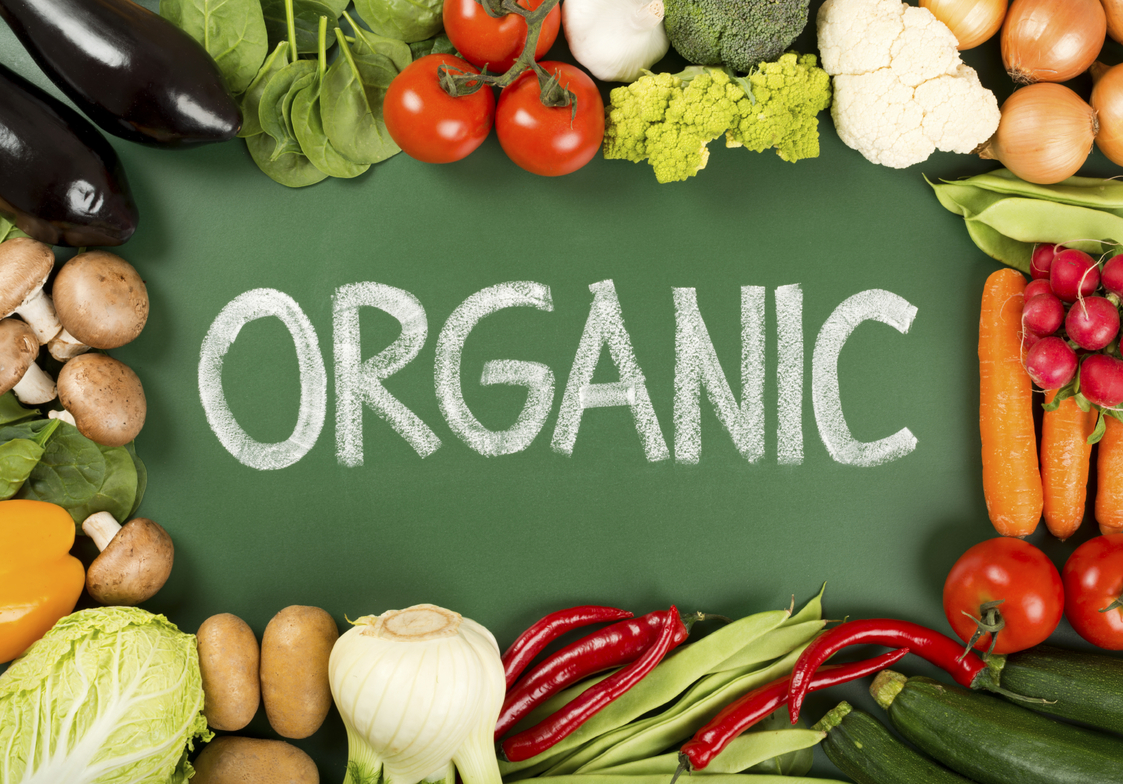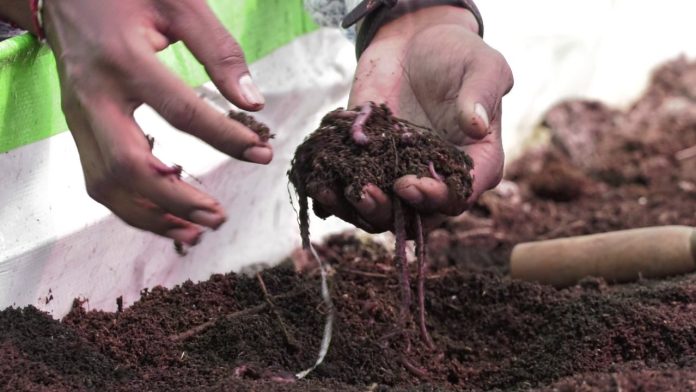Starting an organic farm in Africa is an exciting and rewarding journey that aligns with sustainable farming practices and meets the growing demand for healthier and environmentally friendly food options. Organic farming offers numerous benefits, including healthier food, environmental preservation, and lucrative market opportunities. This beginner’s guide on “How to Start an Organic Farm” will take you through the essential steps, from understanding organic farming principles to gaining certification and accessing markets.
Understand What Organic Farming Is
Organic farming avoids the use of synthetic fertilizers, pesticides, and genetically modified organisms (GMOs). Instead, it relies on natural farming techniques such as crop rotation, composting, and biological pest control to maintain soil health, protect the environment, and produce nutritious crops.
Key Benefits of Organic Farming:
- Produces healthier, chemical-free food for consumers: Organic produce is free from harmful chemicals, making it safer and more nutritious for families.
- Enhances soil fertility and water retention: Organic practices like composting and crop rotation improve the quality of soil and help it retain moisture, which is vital in areas prone to drought.
- Reduces the environmental footprint of agriculture: Organic farming minimizes pollution and conserves biodiversity, making it more sustainable.
- Provides access to premium markets for organic products: Organic produce often commands higher prices, creating economic opportunities for farmers.
Read Also: Vermiculture and Vermicomposting; Taking Advantage of Magical Earthworms
Research Local Organic Farming Standards
Different countries in Africa have specific regulations for organic farming. Before starting, research the standards and certification processes applicable in your region. For example:
- In Ghana, the Participatory Organic Certification Services provides guidelines for organic certification, helping farmers meet international requirements.
- Kenya has established the Kenya Organic Agriculture Network (KOAN) to support farmers in transitioning to organic farming and accessing premium markets.
- In South Africa, the South African Organic Sector Organization (SAOSO) offers certification resources and technical support to organic farmers.
Understanding these standards ensures your farm meets both local and international organic requirements, enabling you to access lucrative markets.
Choose the Right Location
Selecting the ideal location is crucial for organic farming success. Consider the following:
- Soil Quality: Conduct soil testing to determine its fertility and nutrient levels. Healthy, nutrient-rich soil is essential for organic crops.
- Water Availability: Ensure you have a reliable source of clean water for irrigation, as water scarcity can limit production.
- Climate: Choose crops that thrive in your local weather conditions to maximize yields.
- Proximity to Market: A farm closer to markets reduces transportation costs, ensures fresher produce, and helps you build stronger relationships with buyers.

Select Suitable Crops or Livestock
Decide whether you want to focus on crops, livestock, or a combination of both. Some profitable organic options include:
- Crops: Popular choices include staple crops like maize and cassava, high-demand vegetables like tomatoes and carrots, export crops such as cocoa and coffee, and fruits like mangoes and avocados.
- Livestock: Free-range poultry, organic egg production, dairy farming with grass-fed cattle, and goat or sheep farming for meat and milk are profitable ventures.
Research the market demand, environmental suitability, and profitability for your chosen produce to ensure a sustainable business model.
Prepare the Soil
Healthy soil is the foundation of successful organic farming. Follow these steps:
- Composting: Use organic waste such as kitchen scraps, animal manure, and crop residues to make compost that enriches the soil with nutrients.
- Crop Rotation: Plant different crops in cycles to prevent nutrient depletion and disrupt pest and disease cycles.
- Cover Cropping: Grow cover crops like legumes to protect the soil, prevent erosion, and fix nitrogen in the soil.
- Natural Fertilizers: Use materials like bone meal, green manure, and fish emulsion to nourish the soil and promote healthy plant growth.
Implement Organic Pest and Disease Control
Synthetic pesticides are not allowed in organic farming. Instead, use these methods:
- Biological Control: Introduce natural predators such as ladybugs or parasitic wasps to manage pests naturally without harming the ecosystem.
- Neem Oil: A natural pesticide derived from neem trees that effectively repels harmful insects while being safe for the environment.
- Crop Diversity: Plant a variety of crops together to reduce the risk of pest outbreaks and improve overall farm resilience.
- Physical Barriers: Use nets, traps, and mulches to protect crops from pests and weeds.
Obtain Organic Certification
Certification verifies that your farm complies with organic standards, helping you access premium markets. The certification process typically includes:
- Submitting an application: Apply to a recognized certifying body with detailed information about your farming practices.
- Undergoing an inspection: A certifier will visit your farm to ensure compliance with organic standards.
- Paying certification fees: The budget for these fees, may vary depending on the certifying organization.
- Maintaining records: Keep detailed records of your organic practices, inputs, and outputs to ensure continued compliance.
Some organizations also provide group certifications, reducing costs for smallholder farmers.
Read Also: Is Farm Records Keeping Really Important for Good Farm Management and Profits?
Create a Market Plan
To succeed in organic farming, you need a solid plan for marketing your produce. Consider these strategies:
- Local Markets: Partner with farmers’ markets, organic grocery stores, or restaurants to sell your produce directly to consumers who value fresh, organic food.
- Export Markets: Export high-demand organic products like cocoa, coffee, and spices to Europe, the U.S., or Asia, where organic products command premium prices.
- Community-Supported Agriculture (CSA): Establish a CSA program where local consumers subscribe to receive regular deliveries of fresh produce from your farm.
- Online Sales: Leverage social media platforms and e-commerce websites to connect with a broader audience and sell your products directly to consumers.
Start Small and Scale Gradually
Begin with a manageable size to minimize risks and gain practical experience. For example, start with a small vegetable garden or a few livestock. Once you’ve mastered the basics and built a loyal customer base, expand your farm and diversify your offerings.
Seek Training and Support
Starting an organic farm can be challenging, but you don’t have to do it alone. Join local farming groups, attend training programs, or work with NGOs and agricultural extension officers for guidance and resources. For example:
- Training Programs: Many African countries offer workshops on organic farming techniques, such as soil health management and organic pest control.
- NGOs: Organizations like the Food and Agriculture Organization (FAO) and Oxfam provide funding, resources, and technical support for organic farmers.
- Cooperatives: Join a farming cooperative to share knowledge, reduce costs, and gain better access to markets.
Success Stories
- Uganda: With over 200,000 certified organic farmers, Uganda is a leading organic producer in Africa, exporting products like coffee and sesame to global markets.
- Ghana: Organic oil palm farming is gaining traction, with farmers benefiting from premium prices in international markets.
- Kenya: Initiatives like KOAN have helped smallholder farmers transition to organic farming and access export opportunities.
Conclusion
Starting an organic farm in Africa can be a rewarding venture, both financially and environmentally. By following these steps—understanding organic principles, preparing the soil, managing pests naturally, and obtaining certification—you can set yourself up for success. With growing demand for organic produce locally and globally, now is the perfect time to embrace sustainable farming practices and make a positive impact on your community and the planet.
Are you ready to start your organic farming journey? Let us know your thoughts in the comments below!


